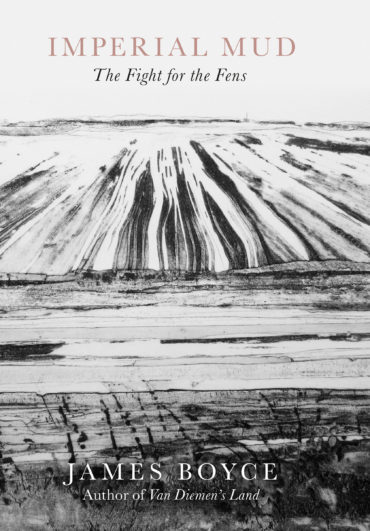
This book goes straight into my shortlist of books of the year for 2020: no doubt about it. I wish I had written this book but since I didn’t, I’m very glad that someone else did so that I could read it.
I guess I am sounding enthusuastic about it – I am. It’s a book about a place, its history, the politics behind its fate and the impact on people, habitats and wildlife. I would have liked more on the habitats and wildlife but you can’t have everything.
Probably most of us think of The Fens as being that area more or less contained in the polygon with Boston, Peterborough, Cambridge and King’s Lynn at the corners, and that is the largest area covered in this book. But the author also includes the Isle of Axholme between the Rivers Don and Trent in North Lincs and small parts of Yorkshire (and some of Notts?). This area contains Thorne and Hatfield Moors and is adjacent to the village of Fishlake which was flooded so badly last November.
Let’s start on the Isle of Axholme which in the seventeenth century held a marshland of 30 miles in length and 10 miles wide – if it were still there it would be a National Park no doubt. Much of the marsh was exploited by commoners who fished and cuiltivated and harvested reeds for thatching and collected birds’ eggs and hunted them and other wildlife under a medieval treaty. Now if you have driven through this agricultural area you’ll not have spotted a 300 square mile wetland so you know how the story ended. This book tells you how the fate of the ecosystem and the people who depended on it unfolded. It’s a tale of land enclosure, drainage and the powerful breaking faith with the powerless. But the Fennish people fought a long hard and at times successful fight for their way of life. This was a new story for me, and it started a good century earlier than I would have guessed, and so it was fascinating.
The fate of Whittlesey Mere in Cambridgeshire was more familiar, but there was much here that I learned too. What we lost when it was drained! We certainly lost much wildlife but we also lost some long-held traditional ways of living practised by the indigenous people for centuries too.
The book certainly mentions the habitat restoration and recreation work going on in some nature reserves which could maintain some vestiges of what we have ultimately lost but it doesn’t do them justice in either where they have succeeded or where they have failed (or not yet succeeded) and the book ends a bit limply without painting an optimistic potential future. We could rewild large areas of the Fens for wildlife, for recreation, for carbon storage and for flood protection but an alternative future isn’t really spelled out.
But this book is my best read of 2020 so far. As I calm down from my excitement after reading it, will I cool towards it? Maybe slightly, that sometimes happens, but not very much. It is a strong historical account of land use change which any nature conservationist should read.
Imperial Mud: the fight for The Fens by James Boyce is published (on 2 July) by Icon Books.
[registration_form]
Sounds like a book I want to read. I rarely read a book at a time and have just finished Cruel Britannia: A secret history of torture by Ian Cobain. and Wildwood: A journey through trees by Roger Deakin
. Both well worth reading.
What are the dislikes for?
Geoff – yes, I noticed them – seem excessive.
There seem to be many more dislikes on Mark’s blogs than there used to be. I think I got 4 (and only one like) for mentioning how much my electric bike has benefited me and the environment! Maybe there are people out there just disliking to wind people up or discredit the blogs? Just a thought.